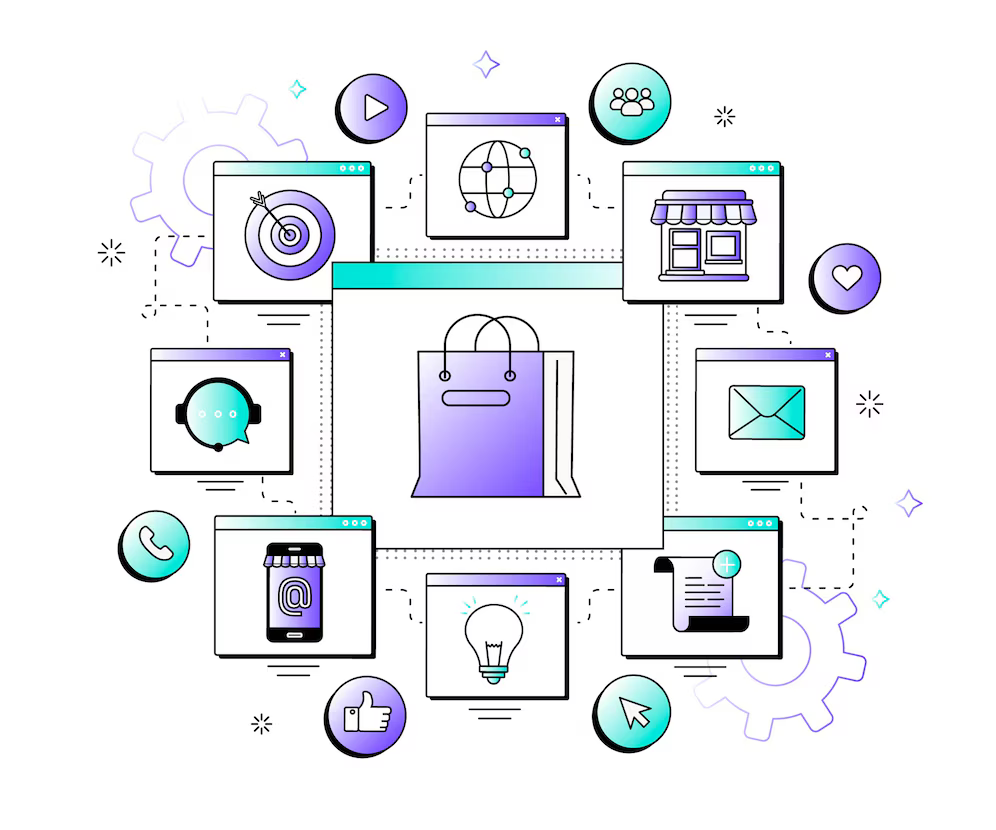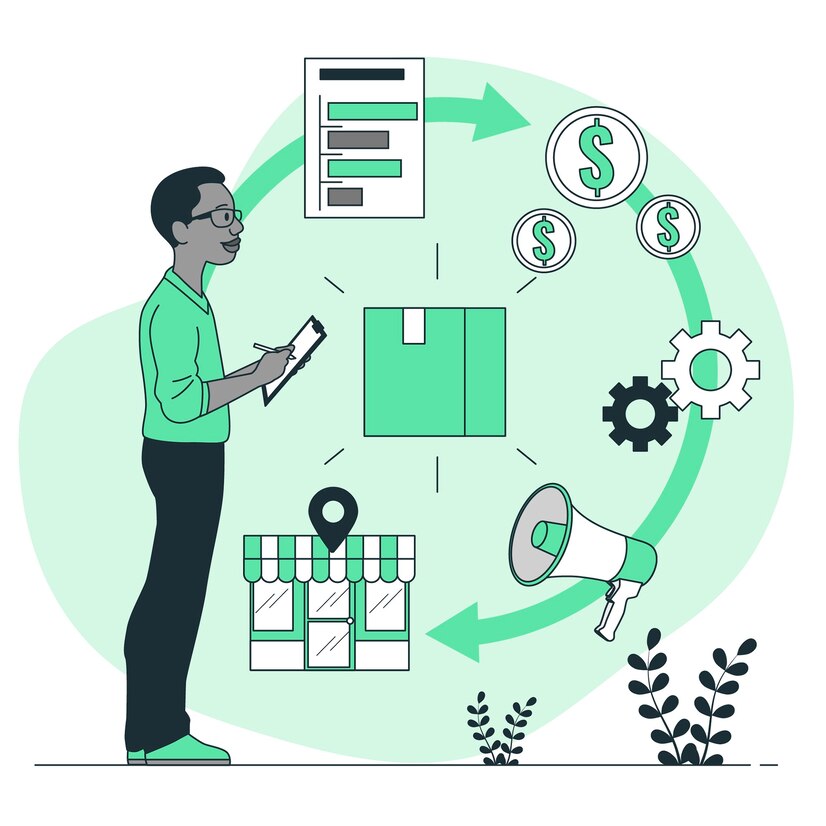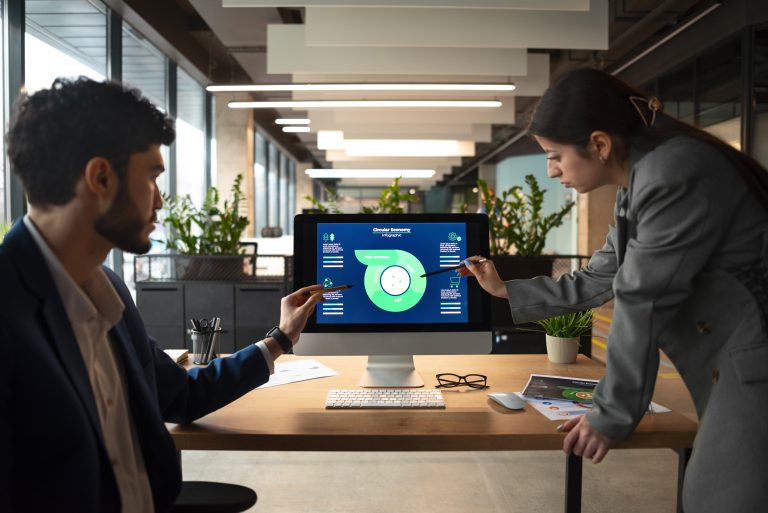What is Centralized Purchasing and Why It Matters for Your Business?
Centralized purchasing is really beneficial for businesses of all sizes but might be not a good option for companies spread across different geographies. For such companies hybrid might be a good option. In centralised purchasing the central team is responsible for buying goods, services, and materials for the entire organization. In this blog, we will guide you through what centralized purchasing is and why it matters in detail.


What is centralised purchasing?
Centralized purchasing also known as centralized procurement is a process where a single department or team manages all purchasing activities for an organization. Instead of different departments handling their own purchasings, only a single department handles their purchasing from a specific location, usually located in the organization’s headquarters. The purchasing manager manages and tracks all the materials and quantities. Furthermore, in this type of model, decision-making is centralized which means only one department makes the final decision and most of the work is automated.
How Centralized Purchasing Works
In a centralized purchasing system, the purchasing department acts as a hub and responsible for handling all the purchasing activities. Let’s understand the steps involved in centralised Purchasing:
-
Identifying Needs
In the very first step, the department in the company submits a request for the goods and services they need to the centralized procurement team.
-
Need Identification
The need identification means the requests of the different departments or locations a firm has. They send these requests to the centralised purchasing team in charge.
-
Supplier Selection
The centralized team carries out research on suppliers and selects the one who provides the best prices. Often, they negotiate the terms to get the best price and conditions possible.
-
Purchase Order
Once the supplier is selected, the centralized team issues a purchase order to them.
-
Receipt and Inspection
The goods, after delivery, need to be inspected based on their standards to meet the required quality.
-
Payment and Recording
The payment to the supplier and maintaining the record of the transactions are done by the centralized team. Managing these steps from the center provides a business with far greater control over its procurement process.
Why Centralized Purchasing Matters for Your Business
There are several reasons and benefits of centralized purchasing that can have a significant impact on your business no matter how big or small your business is. For example by implementing centralized procurement, businesses can save money, improve collaboration, and operate more effectively across different firms. Let’s understand the several advantages of centralized purchase:
-
Cost Savings
Centralised purchasing is one of the cost saving processes as purchases are made in bulk, which often leads to discounts, better pricing from suppliers, and lower delivery charges. Additionally, as one team handles all negotiations, others can focus more on sourcing and obtaining better results.
-
Standardization
Centralized purchasing makes standardization possible across the company. This means that all departments are using the same materials or services which could increase the consistency of quality and performance. It will also reduce the complexity of the supply chain management process and, therefore, lead to simplified inventory management.
-
Improved Supplier Relationships
Centralized purchasing makes standardization possible across the company. This means that all departments are using the same materials or services which could increase the consistency of quality and performance. It will also reduce the complexity of the supply chain management process and, therefore, lead to simplified inventory management.
-
Increased Efficiency
Centralised purchasing works by eliminating redundancy in the process of procurement. Instead of having several departments at a company sourcing the same items, the centralized department sources the item once for the entire corporation. This reduces the time and effort required to make purchases, therefore improving efficiency with quicker turnaround times.

Do you want to know more about our hihellohr Software?

Better Compliance and Risk Management
Centralized procurement creates an environment where it becomes easier to implement purchasing policies throughout the organization and to ensure compliance with policies and regulatory requirements. Since all purchases are purchased through one department, there is more chances of fraud, error, or even unethical practices. It further assures the quality and sustainability of the chain of suppliers used by the organization.
Data and Analytics
Centralized purchasing helps companies collect and analyze purchasing data more effectively for future use. However, by analyzing this data companies can see spending patterns, supplier performance, and opportunities for cost reduction. It allows organizations to make better decisions to enhance the company’s performance.
Flexibility and Scalability
A centralized system is more flexible and responsive to the changes in the environment of the business. If the company is either expanding in business or trying to work with a disruptive supply chain, the purchasing strategies can easily be modified for new demands by the centralized team.
Enhanced Focus on Core Business Activities
As in centralized purchasing, one department and team is responsible for purchasing, other departments can focus more on their core business activities without getting caught up in the purchasing process. Moreover, this allows the teams to spend a lot more time and resources on primary functions, leading to better productivity.

Centralized Purchasing: Challenges
While we understand that there are quite a few advantages to centralized procurement, it is equally important to have an idea about the challenges it faces:

-
Bureaucracy and Delays
The centralized system sometimes requires bureaucracy; this slows the whole mechanism of decision-making as it requires approvals and coordination between different departments. It causes delays in the receipt of required materials or services in urgent situations.
-
Loss of Flexibility
Centralized purchase can lead to less flexibility in decision-making. Suppose a department urgently needs something; it has to wait until the request for purchase goes for processing and a final decision is made by the centralized team, which affects the overall business.
-
Dependency on Centralized Team
Everything depends on the effectiveness of the centralized team since they are to make all the purchases on behalf of other departments in Centralized Procurement. The team should be expertised and must be equipped with appropriate equipment. Poor expertise can lead to poor purchasing decisions that can impact an entire organization.
Is Centralized Purchasing Right for Your Business?
Your decision, as to whether the centralized purchasing would be a good option for your business or how it would affect the general performance of your company, depends on quite a few factors: company size, structure, and goals. Centralized procurement may be quite beneficial for big organizations with a large number of departments by ensuring cost-saving, efficiency, and control. However, if the needs of a small business are different, then centralized purchasing may not be such a good option.

Conclusion
It provides a centralized model of purchasing with a host of advantages, starting from cost-saving to improved performance, and even improvement in supplier relationships. Companies can make various better decisions by analyzing the overall purchasing pattern and have better control over the organization, which may result in better financial outcomes and efficient operations.
Related Articles:




